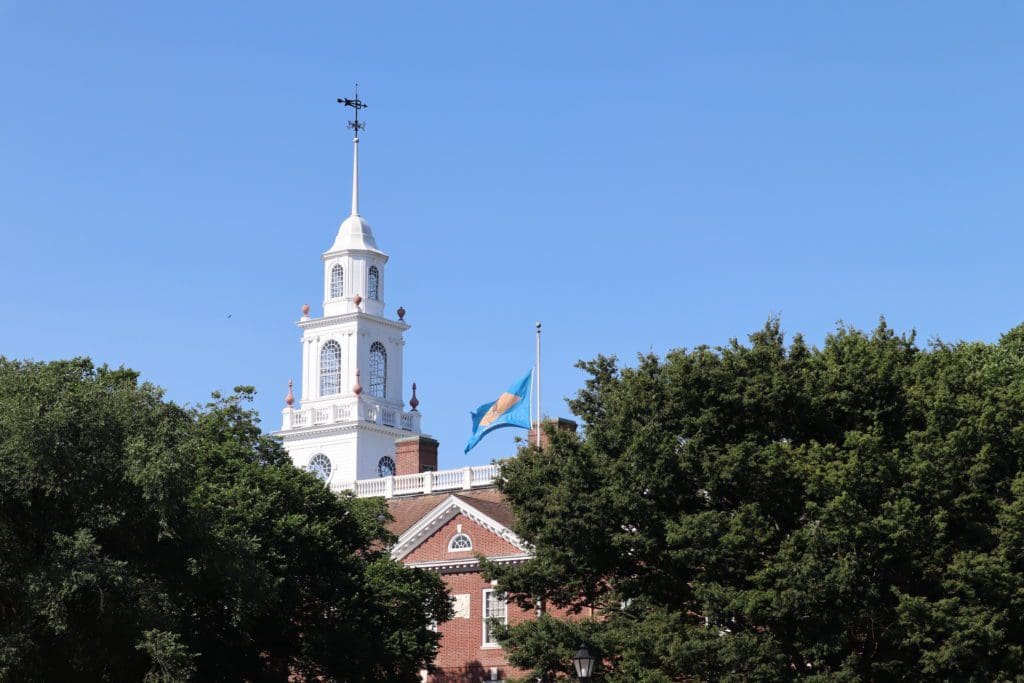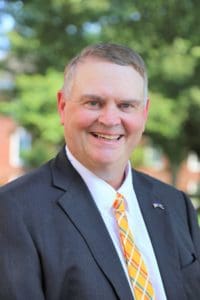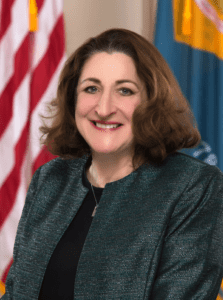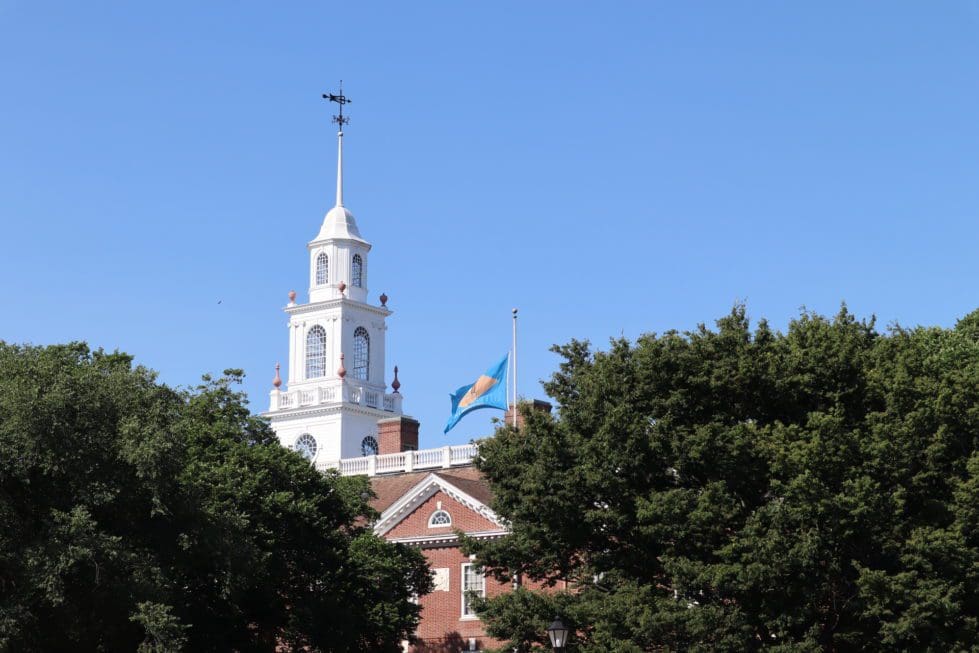

The Senate sent a $69.4 grant-in-aid bill to the House Thursday night. Photo by Charlie Megginson/Delaware LIVE News
A change to the way non-profits apply for state community development funds has lawmakers and advocates on both sides of the aisle applauding what they consider a victory for transparency in government.
When the General Assembly passed the largest Bond Bill in state history this June, it authorized $90 million in grants for projects aimed at improving the economic, cultural, historical and recreational wellbeing of Delaware communities.
Those grants were included in the Community Reinvestment Fund, a pot of money that has, in the past, received criticism for its lack of a formal application process.


Delaware Controller General Ruth Ann Jones
“Last year, we didn’t have much of an application process,” said Controller General Ruth Ann Jones. “Legislators continually received requests for funding from community organizations throughout the year and we tried to organize them as best as we could in our office.”
Previously, organizations seeking grants for qualifying projects would send requests to state senators and representatives.
If they supported the projects, lawmakers would ask the Controller General’s office and Joint Capital Improvement Committee, often called the Bond Committee, to consider allocating funds.
Some said the lack of a formal application process meant those with closer relationships to lawmakers or more general political awareness may have had an edge in receiving state grants.
RELATED: State grants for non-profits now require formal application
This year, the Controller General’s office rolled out a new process that requires organizations to submit requests online using a standardized application form.
The office then compiles the applications, determines eligibility, and passes those which qualify for funding to the Bond Committee for consideration.
“Any organization that was asking for money had to fill out an application this year,” Jones said.
Deputy Controller General Bert Scoglietti said the new process helped applicants understand the requirements before applying for funds.
“The application included guidelines which delineated what organizations would and would not be eligible to receive Community Reinvestment funds, as well as what costs were eligible to be covered by those funds,” Scoglietti said.
There’s been confusion about that in the past, he said.
Jones said lawmakers are not able to request funds for groups in their districts the old way — all applicants must go through the new online portal.


Sen. Colin Bonini, R-Frederica
Sen. Colin Bonini, R-Frederica, said the Controller General’s rollout of the new application process was “fantastic.”
Bonini is a member of the Bond Committee.
“I think our Controller General’s Office is just amazing,” Bonini said. “We’re incredibly lucky to have them and I think they’ve done an excellent job. I’ve only heard positive feedback about how professional and how helpful the Controller General’s office has been with this process.”
Bond Committee co-chair Rep. Debra Heffernan, D-Bellefonte, echoed Bonini’s sentiment.
“Ruth Ann Jones is an excellent Controller General,” Heffernan said. “She and her staff have worked so hard to administer this application process in a terrific, fair and equitable way.”
Heffernan added that Jones and her staff were able to determine which groups received American Rescue Plan Act funds so grants could be prioritized to groups and agencies that needed money the most.
Jones said there are always areas where things can be improved. She plans to sit down with Bond Committee co-chairs to figure out how to make the application process even better moving forward.
One area of improvement Bonini said he would like to see is ensuring that non-profit agencies and organizations are aware of the changes to the application process so that nobody gets left out.
“My concern was that some folks who would otherwise have participated got closed out,” he said. “That does not mean, by the way, that there weren’t lots and lots of applicants. I think there was — gosh, who knows — I think there was $400 million worth of applications.”
Bonini also said he was disappointed that “they removed religious nonprofits from being able to qualify, which I did not think was a good idea. I think that some of our churches do some of the most important nonprofit work in the whole state.”


Rep. Debra Heffernan, D-Bellefonte
Heffernan said that while churches cannot directly receive funds because of “the whole separation of church and state thing,” nonprofits affiliated with churches that provide community services are able to — and did — receive funds.
With $70 million in allocations in 2021 and $90 million in 2022, Heffernan and Bonini said the new process is a matter of good government.
“When you’re talking about this much money — or really any amount of taxpayer money — I think we owe it to the residents of Delaware to be transparent,” Heffernan said. “With this process, I think we can all feel confident that we’re taking good care of taxpayer money and know that it’s doing good things throughout our state.”
Bonini called the Community Reinvestment Fund “a tremendously good investment.”
“A lot of the organizations that get money actually save taxpayers money in the long run because of the services they provide,” Bonini said.
Here’s a list of organizations that received state grants through the Community Reinvestment Fund:


Charlie Megginson covers government and politics for Delaware LIVE News. Reach him at (302) 344-8293 or [email protected]. Follow him on Twitter @cmegginson4.
Share this Post



